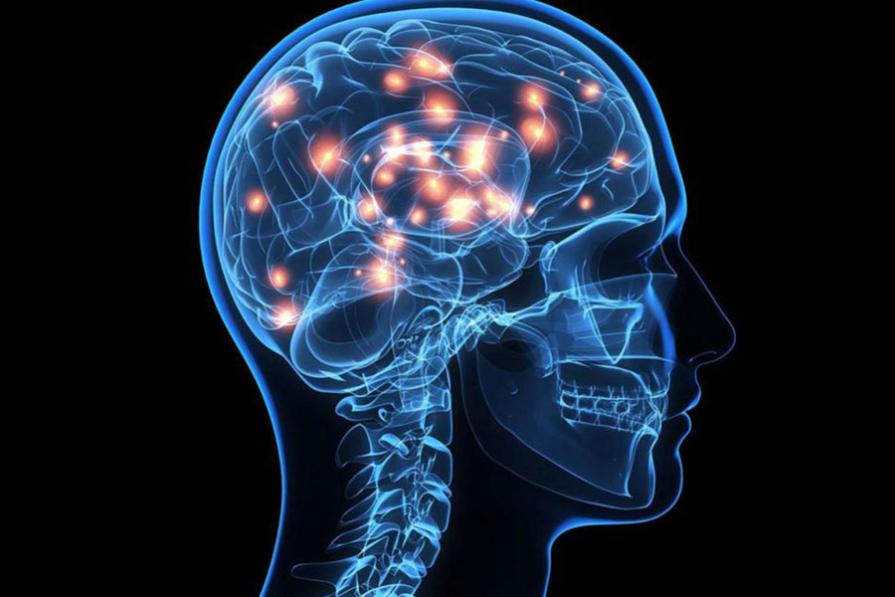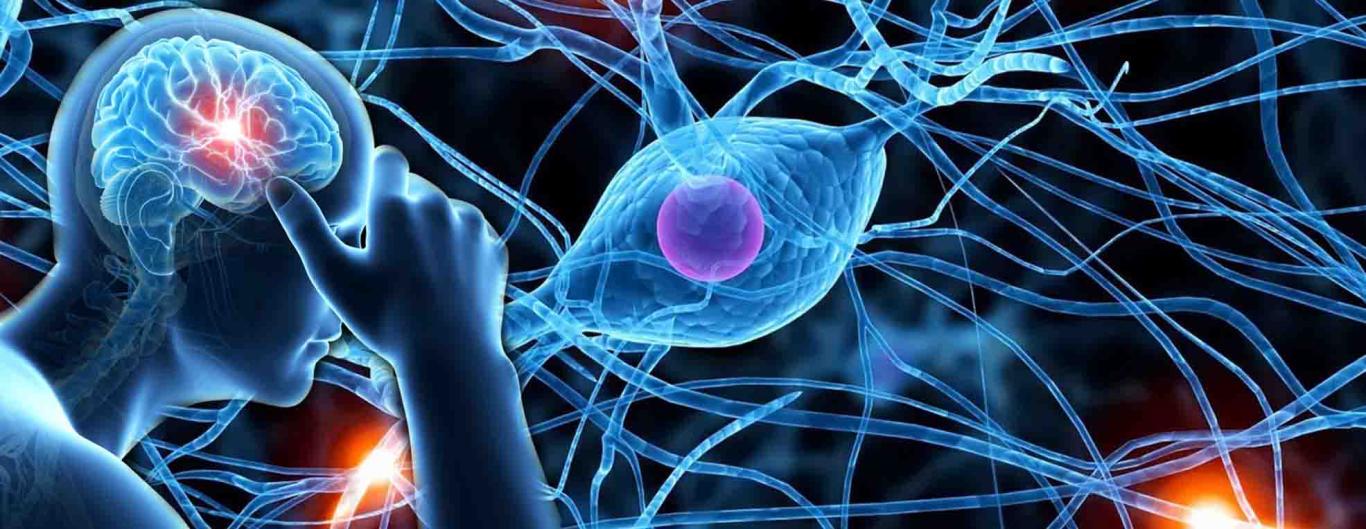How Does the Brain Process and Store Memories?
Memory, the remarkable ability to encode, store, and retrieve information, is a cornerstone of human cognition. From our earliest childhood experiences to the intricate details of our daily lives, memories shape our identities, guide our decisions, and allow us to navigate the complexities of the world around us.

Brain Structures Involved in Memory Processing and Storage
The intricate process of memory formation and storage involves a complex interplay of various brain structures, each playing a specialized role.
- Hippocampus: The hippocampus, a seahorse-shaped structure located deep within the brain, is crucial for memory formation and consolidation. It acts as a temporary storage site for new memories, processing and organizing them before transferring them to long-term storage.
- Amygdala: The amygdala, a small almond-shaped structure, plays a significant role in emotional memory. It associates emotional significance to memories, enhancing their retention and influencing how we remember and respond to emotional events.
- Prefrontal Cortex: The prefrontal cortex, located at the front of the brain, is involved in working memory, decision-making, and planning. It holds information temporarily, allowing us to manipulate and process it before making decisions or taking action.
- Cerebellum: The cerebellum, situated at the back of the brain, is responsible for motor memory and procedural learning. It coordinates movement and balance, enabling us to perform complex motor skills and learn new physical tasks.
Stages of Memory Processing
Memory processing involves a series of distinct stages, from the initial encoding of information to its long-term storage and eventual retrieval.
- Encoding: The process of transforming sensory information into a form that can be stored in memory. It involves attention, selection, and organization of information.
- Storage: The process of retaining encoded information over time. It occurs in both short-term memory, which holds information for a brief period, and long-term memory, which stores information indefinitely.
- Retrieval: The process of accessing and bringing stored information back into conscious awareness. It involves recollection, the conscious recall of specific memories, and recognition, the identification of familiar information.
Memory Consolidation
Memory consolidation is the process by which memories are stabilized and strengthened over time, transitioning from a fragile state to a more permanent form. This process involves:
- Synaptic Plasticity: The ability of synapses, the connections between neurons, to change their strength and structure in response to experience. This underlies the formation of long-term memories.
- Long-Term Potentiation: A specific form of synaptic plasticity that strengthens synapses when they are repeatedly activated. It is believed to be a cellular mechanism for memory storage.
- Sleep: Sleep plays a crucial role in memory consolidation. During sleep, the brain reactivates and reorganizes memories, strengthening their neural connections and facilitating their long-term storage.
Factors Affecting Memory

A variety of factors can influence the formation, storage, and retrieval of memories:
- Genetics and Individual Differences: Genetic variations and individual differences in brain structure and function can impact memory abilities.
- Age-Related Changes: As we age, certain aspects of memory, particularly short-term memory and episodic memory, may decline.
- Emotional State and Stress: Emotional arousal and stress can enhance memory for emotionally significant events, but chronic stress can impair memory function.
- Sleep Deprivation and Fatigue: Lack of sleep and fatigue can negatively affect memory consolidation and retrieval.
- Nutrition and Overall Health: A healthy diet and overall physical health can contribute to better memory function.
Memory Disorders
Several disorders can disrupt memory function, causing difficulties in encoding, storing, or retrieving memories:
- Alzheimer's Disease: A progressive neurodegenerative disorder characterized by memory loss, cognitive decline, and behavioral changes.
- Amnesia: A loss of memory, either temporary or permanent, caused by brain injury, trauma, or certain medical conditions.
- Transient Global Amnesia: A temporary loss of memory, typically lasting less than 24 hours, with no apparent cause.

Memory is a complex and fascinating cognitive process that allows us to learn, adapt, and navigate the world around us. Understanding the intricate mechanisms of memory formation, storage, and retrieval is crucial for addressing memory disorders, improving cognitive function, and unlocking the secrets of the human mind.
Ongoing research in the field of memory continues to shed light on the intricate workings of the brain, providing new insights into how we remember and forget, and paving the way for potential treatments for memory-related disorders.
YesNo

Leave a Reply